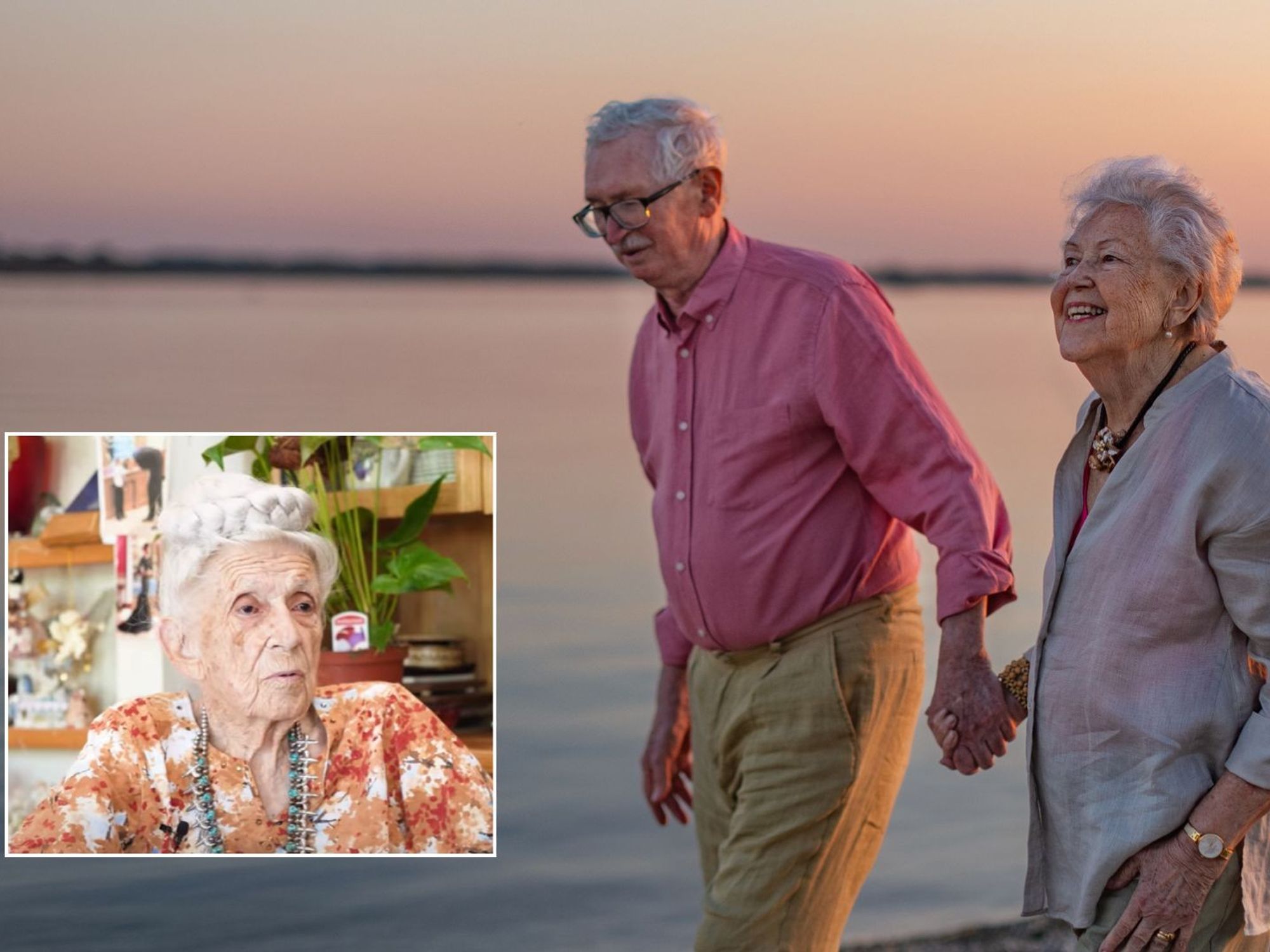A groundbreaking cancer treatment plan has shown remarkable success in treating brain cancer patients, offering new hope for those facing the devastating diagnosis
Getty
Brain cancer affects over 12,000 Britons annually - with a survival rate of just one in 10
Don't Miss
Most Read
Latest
A groundbreaking cancer treatment plan has shown remarkable success in treating brain cancer patients, offering new hope for those facing the devastating diagnosis.
Dr Paul Mulholland, a brain cancer specialist at University College London, is pioneering the experimental approach, which could potentially be available on the NHS within five years.
The treatment - using the drug ipilimumab - has proven particularly effective for patients who have not responded to conventional therapies.
Brain cancer affects over 12,000 Britons annually, with a survival rate of just one in 10 patients living a decade after diagnosis.
 A groundbreaking cancer treatment plan has shown remarkable success in treating brain cancer patients, offering new hope for those facing the devastating diagnosisGetty
A groundbreaking cancer treatment plan has shown remarkable success in treating brain cancer patients, offering new hope for those facing the devastating diagnosisGettyThis new treatment plan, which combines ipilimumab with surgery, chemotherapy, or radiotherapy, could be a game-changer for many sufferers.
London businesswoman Sara Sjölund was diagnosed with brain cancer in 2018 at just 38 and had exhausted conventional options.
Radiotherapy, chemotherapy, and surgery failed to halt her astrocytoma, as the tumour continued to grow.
Offered a chance to trial Dr Mulholland's innovative treatment, Sjölund experienced remarkable results.
After six months, her tumour was virtually gone and "inactive," according to Dr Mulholland.
LATEST DEVELOPMENTS:
Sjölund described her tumour as "like a dead tree, it is still there but at the moment it does not look like it will regrow."
Administered intravenously, ipilimumab is employed to shrink the brain tumour before patients undergo further interventions such as surgery, chemotherapy, or radiotherapy to remove any remaining growth.
By first reducing the tumour's size, the subsequent treatments have a better chance of success.
The drug works by stimulating the body's immune system to attack cancer cells, potentially offering a more targeted and less invasive initial approach compared to traditional methods.

The new treatment plan, which combines ipilimumab with surgery, chemotherapy, or radiotherapy, could be a game-changer for many sufferers
Getty
Commenting on Sjölund's case, Dr Mulholland said: "Sara's scans show remnants of the tumour. As long as it stays as it is she will be fine."
The cautious optimism is echoed by Dr Mathew Clement from the Cancer Research Centre in Wales, who said: "It is not out of the question that it could be a cure."
Dr Clement further explained: "We know ipilimumab is effective for other cancers and we have shown that we can apply them to treat brain tumours."
The success of the treatment in cases like Sjölund's has prompted plans for a full-scale trial, set to launch at the beginning of next year.
This trial, backed by the National Brain Appeal charity, aims to further explore the treatment's efficacy and potential for wider application.
Dr Clement added: "We could see this treatment offered on the NHS within five years."













